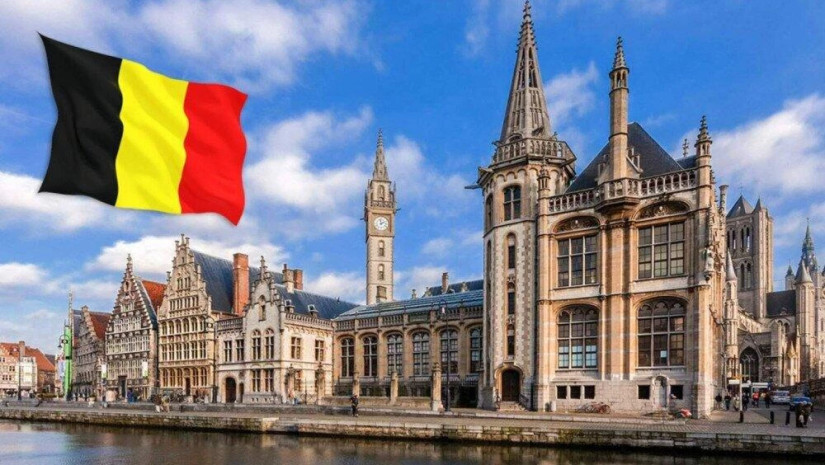Starting April 17, in line with the fifth package of sanctions imposed by the European Union over Russia’s aggression against Ukraine, all seaports in Belgium will suspend servicing commercial vessels flying a Russian flag, with certain exemptions remaining in place, laid down in the EU decision.
That’s according to the press service of the country’s largest Port of Antwerp.
“Based on the rules of the European Union, a roadmap has been drawn up for banning Russian-flagged ships from Belgian ports. This roadmap will be implemented as of Sunday, April 17. The rules were drawn up by the ministers of the North Sea and Foreign Affairs, the maritime police, Defense, Customs, the Department of Mobility and Public Works and DG Shipping,” the statement reads.
The Maritime Information Crossroads receives a list of the Russian ships coming to a Belgian port and follows that ship closely, the press service notes, adding that the permission given to the ship is only valid for the ship, the Belgian port, the exact timing, and the goods mentioned in it.
The port authorities are responsible for the follow-up. For each of the permitted Russian ships arriving in the port, the port authorities must again request the proof of permitted cargo.
The export of a large number of goods including those which can be used for both civilian and military purposes ("dual use") is prohibited.
Goods that may be delivered to European ports are natural gas, petroleum, coal and other solid fossil fuels, all pharmaceutical, medical, agricultural and food products (such as wheat), fertilizers, and humanitarian aid. These rules will be in effect until August 10, 2022.
“Port of Antwerp expresses its support and empathy for all the human suffering caused by the conflict in Ukraine. As a world port, the port of Antwerp is regularly confronted with the consequences of geopolitical movements. This conflict has led to a number of European sanctions against Russia. In order to monitor the impact of the crisis in the port as well as beyond, Port of Antwerp remains in close contact with customers and the competent authorities,” reads the update on the port’s website.
The administration says the port has no major maritime goods flows with Ukraine. Russia, on the other hand, was the fifth most important trade partner in 2021 with a throughput of 11.6 m tons.
The fifth package of EU restrictive measures against Russia, adopted on April 8, 2022, provides, among other things, for a ban on the purchase, import or transfer of coal and other solid carbon fuels to the EU if they originate in Russia or have been exported from Russia from August 22, 2022. Annual coal imports to the EU currently amount to EUR 8 billion.
Sanctions also include a ban on access to EU ports for Russian-flagged ships. Exceptions will be made for agricultural and food products, humanitarian aid, and energy.
The EU is currently preparing a sixth package of sanctions, which may also include supplies of Russian energy to Europe, including oil. EU countries are also taking consistent steps to get rid of dependence on Russian gas by finding alternative and more reliable sources of supply, as well as relying on the development of renewables, Ukrinform reports.
















